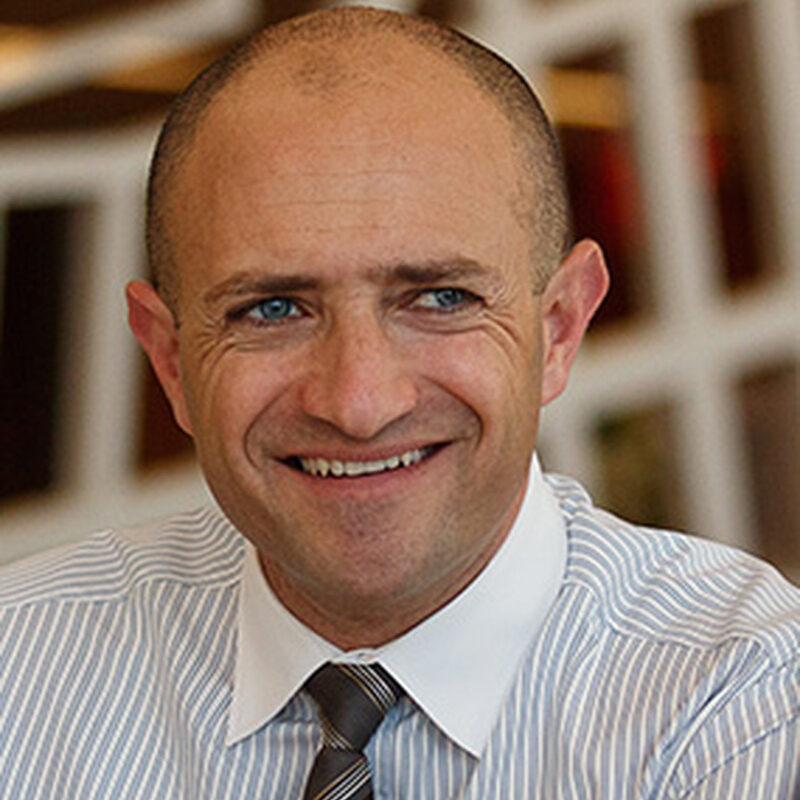About this talk
For centuries, treating neurological conditions meant developing therapies or drugs that directly targeted the brain. Today, scholars like Sarkis Mazmanian argue that research, drugs, and therapy should actually focus on the gut. Sarkis explains that the gut and brain have a unique connection that allows for communication past the brain’s main line of defense – the blood brain barrier. Many molecules that cross over the blood brain barrier are created by the gut microbiome, meaning that the brain and gut directly influence one another.
Watch Sarkis’ TEDMED 2018 Talk to learn how the gut-brain pathway may lead us to discover causes behind, and even treatments for, life-altering conditions like Autism Spectrum Disorder and Parkinson’s Disease. By understanding communication between the gut and the brain, we may be able to change the course of neurological disease for generations.
About Sarkis Mazmanian
See more
About Sarkis
Sarkis Mazmanian is a renowned medical microbiologist and professor at the California Institute of Technology (Caltech). He is a pioneer in the study of the gut microbiome—the trillions of bacteria, fungi, and viruses that live in our intestines—and its influence on our overall health. His research focuses on the “gut-brain axis,” which is the two-way communication system between the gut and the brain. Sarkis’s lab has made groundbreaking discoveries showing that gut bacteria can play a role in complex brain disorders, including Parkinson’s and Alzheimer’s diseases. For example, his work with mice has shown that certain gut microbes can influence Parkinson’s-like symptoms and that a fiber-rich diet can help reduce motor problems in these models. Sarkis’s work has earned him many top awards, including the MacArthur Foundation “Genius” award. He is also the co-founder of two biotechnology companies and is dedicated to mentoring the next generation of scientists. His research has opened up a new field of medicine, suggesting that therapies targeting the gut microbiome could be used to treat or prevent neurological diseases.